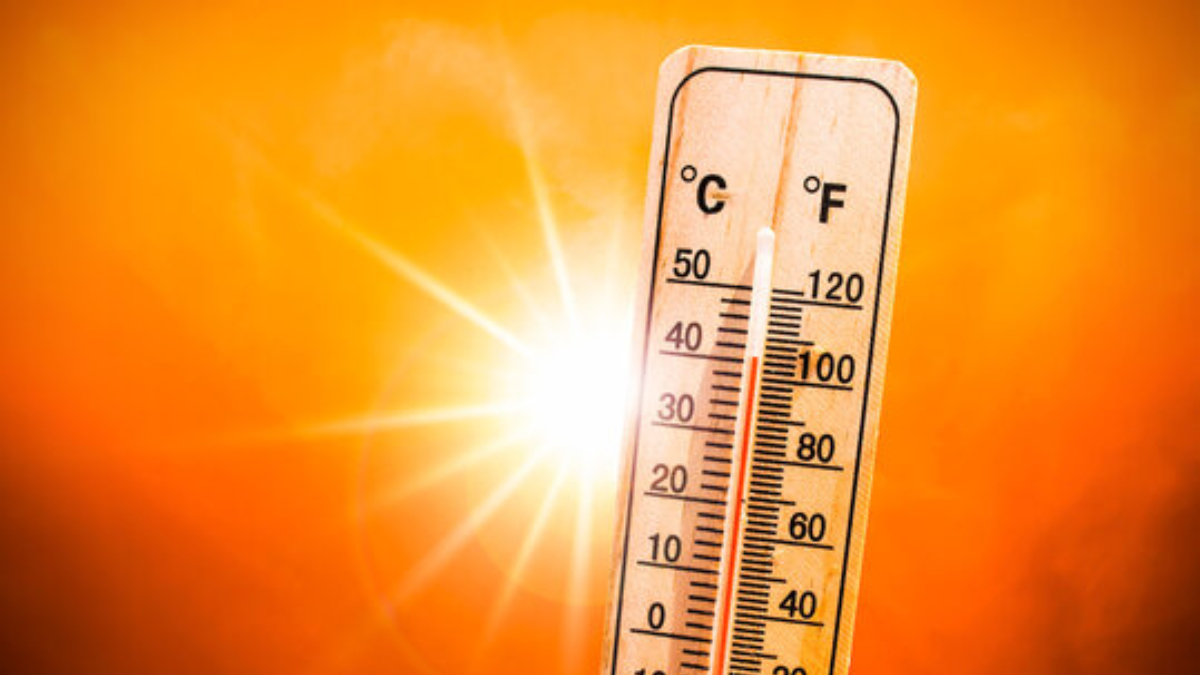The state weather bureau PAGASA reported that the highest heat index in the Philippines was recorded in Guiuan, Eastern Samar on Sunday, reaching a scorching 55ºC. This surpassed the previous record of 53ºC set in Iba, Zambales on April 28.
According to PAGASA, a heat index of 52ºC and above falls under the “extreme danger level,” where heat stroke is imminent. The heat index measures the perceived temperature, factoring in both humidity and air temperature, rather than just the air temperature alone.
In areas experiencing a heat index within the danger level range of 42 to 51ºC, PAGASA warned that heat cramps and heat exhaustion are likely, and heat stroke is possible with prolonged exposure.
The Department of Health (DOH) reported that as of May 4, there have been 77 cases of heat-related illnesses this year, including potential fatalities due to extreme heat. Most of these cases, about 87%, involved individuals aged 12 to 21. Although seven deaths have been reported, they are not conclusively linked to heat stroke due to insufficient data. The DOH suggested these deaths might be heat-related or influenced by pre-existing conditions exacerbated by the heat.
For those experiencing heat stroke symptoms, the DOH recommends first aid measures such as moving the person to a shaded, cool area, applying cold compresses, and encouraging small sips of cool water if conscious. Emergency services should be contacted immediately.
To prevent heat-related illnesses, PAGASA advised the public to stay indoors as much as possible, stay hydrated, and avoid drinks like tea, coffee, soda, and liquor. The use of umbrellas, hats, and sleeved clothing outdoors is also recommended, along with scheduling heavy-duty activities during cooler parts of the day.
PAGASA declared the start of the warm and dry season on March 22, and the El Niño phenomenon began on July 4 last year. The United Nations has also issued warnings about “global boiling,” highlighting the increasing severity of global temperatures.
“The era of global warming has ended, the era of global boiling has arrived,” said UN Secretary-General António Guterres in July 2023.




